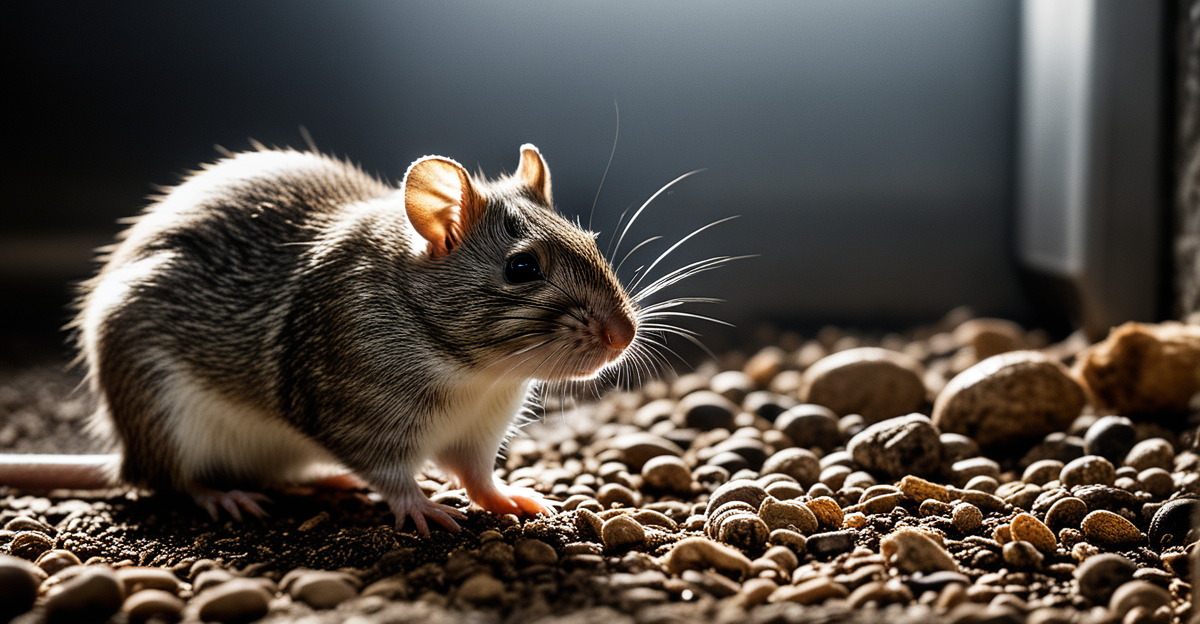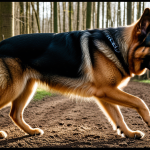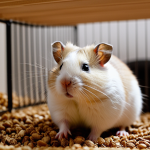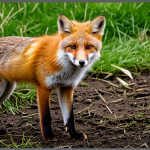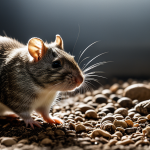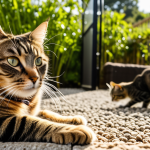Understanding Dehydration in Pet Rodents
Dehydration in rodents can have severe impacts on their ability to thrive. Pet health for these small creatures is intricately tied to their hydration levels. The tiny bodies of rodents like hamsters and guinea pigs lose water rapidly, making dehydration a critical concern. The importance of staying hydrated cannot be overstated, as it affects everything from digestion to body temperature regulation.
Importance of Hydration for Small Pets
Hydration is crucial for maintaining health in rodents. It supports their bodily functions and prevents them from falling prey to illnesses. Despite their tiny size, rodents need a steady supply of water; even a small lapse can lead to significant health issues.
A découvrir également : Ultimate Guide to Safeguarding Hedgehogs in Your English Garden: Proven Strategies for Success
Common Misconceptions About Rodent Hydration Needs
There’s a misunderstanding that rodents naturally consume enough fluids through their food. While some vegetation provides moisture, it’s not sufficient for their hydration requirements. They need access to freshwater constantly. Misjudging their needs can easily lead to dehydration.
Understanding these factors is essential for any pet owner, as regular monitoring and appropriate care strategies can help maintain a rodent’s well-being and avoid dehydration-related problems.
Cela peut vous intéresser : Transform Your UK Home into a Hamster Paradise: Key Tips for Crafting an Enriching Habitat
Key Symptoms of Dehydration in Rodents
Recognising the symptoms of dehydration is crucial for maintaining rodent health. Pet owners should regularly observe their small animals for signs of dehydration.
Physical Signs to Look For
Physical indicators are direct cues of dehydration. Dryness around the mouth and nose is a clear sign. Conducting a skin elasticity test, where pinched skin takes longer to return to normal, can also suggest dehydration. Sunken eyes are a more severe symptom, indicating a significant lack of fluid.
Behavioral Indicators
Behavioural changes in rodents often signal underlying health issues. A noticeable drop in appetite and activity can hint at dehydration, as the animal tries to conserve energy. Lethargy, unusual hiding, increased vocalisation, or restlessness are other behavioural symptoms to watch out for.
Urinary Changes
Monitoring urination can provide critical insights. A decrease in frequency or changes in the appearance of urine, such as a darker colour, can indicate dehydration. Observing these changes is part of responsible pet health management and identifying dehydration early. Ensuring awareness of these symptoms allows for timely intervention and helps maintain the well-being of pet rodents.
Assessing Hydration Levels
Regularly evaluating hydration levels is critical to sustaining good health in rodents. This process includes several at-home methods that pet owners can employ to check their pets’ hydration status effectively. One simple tactic is to examine the elasticity of the rodent’s skin by gently pinching and observing how swiftly it returns to normal. Sluggish movement can be a red flag indicating dehydration.
Another effective home test involves observing the rodent’s urination habits. Changes in the frequency or darkness of urine should raise awareness and prompt further investigation. For more precise evaluation, especially in severe cases, consulting a veterinarian is highly advised. Veterinary professionals possess the expertise and tools necessary to conduct a comprehensive assessment and suggest appropriate interventions.
Moreover, observing behavioural changes such as decreased activity or increased irritability can offer insights into hydration status. Keeping a consistent check on these behaviours, alongside physical signs, facilitates early detection and prevention of dehydration-related problems. Engaging in regular pet health monitoring establishes a proactive approach, ensuring the rodent’s hydration needs are adequately met and maintained.
Preventative Measures for Maintaining Hydration
Ensuring sufficient hydration for rodents involves understanding how to prevent dehydration. Regularly providing fresh water is paramount. Opt for water bottles over bowls to minimise contamination and ensure consistent access. Regularly check and refill these to ensure they’re always available.
Ensuring Access to Fresh Water
- Best Practices:
- Place water bottles at a height your pet can easily reach.
- Clean and refill bottles daily to maintain fresh water supply.
It’s crucial to monitor water intake as it varies between individuals, understanding your pet’s habits aids in hydration awareness.
Diet Considerations
Incorporating moisture-rich foods aids in preventing dehydration. Fresh fruits and veggies, like cucumber or melon, offer necessary moisture while providing nutrients. Limit high-sugar treats to avoid health issues.
- Moisture-Rich Foods:
- Cucumber
- Melon
- Lettuce
Consider commercial hydration supplements if recommended by a vet, ensuring they’re appropriate for your pet’s species.
Environmental Factors
Temperature control critically affects a rodent’s hydration. Ensure a well-ventilated cage with stable temperatures. Proper cage placement avoids direct sunlight, helping to maintain a cool environment, preserving your pet’s health and encouraging hydration.
Treatment Options for Dehydration
Effective dehydration treatment is vital for ensuring your rodent’s health. Hydration recovery can often begin at home, especially in mild cases. Offering rehydration solutions like electrolyte-enhanced water can quickly replenish lost fluids. It’s crucial to administer these solutions slowly to avoid overwhelming your pet.
Additionally, integrating moisture-rich foods into their diet can provide supplementary hydration. Fresh fruits and vegetables serve as a dual source of water and nutrients. This approach enhances fluid intake while being gentle on sensitive rodent systems.
For more severe cases of dehydration, veterinary assistance is indispensable. Professional veterinarians can perform necessary medical interventions, including fluid therapy, to restore hydration levels safely. Seeking help from a specialist ensures you address your rodent’s specific needs accurately.
Understanding when to ask for help is imperative. If you observe persistent symptoms such as severe lethargy or continued dry skin elasticity test failures, it’s critical to act promptly. Monitoring veterinary-recommended treatments and ensuring your pet is comfortable during recovery will fortify their resilience against future dehydration episodes. Implementing these solutions strategically underlines the importance of pet health in your care routine.

